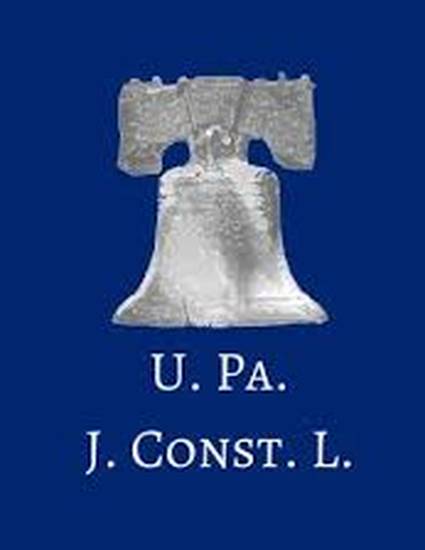
Article I, Section 5 of the United States Constitution requires that each house of Congress keep a Journal of its proceedings. Contemporary observers have largely ignored this provision, treating it as a vestigial record-keeping requirement with little significance for modern law. This dismissive attitude is misguided. Historically, legislative Journals were one of the primary mechanisms by which Parliament, and later Congress, made and interpreted constitutional law. Journals are the official histories of legislatures’ activity. They record what legislatures do as institutions—what powers they exercise, what procedures they use, and what actions by the coordinate branches they protest or resist. In systems in which many aspects of legislative power are not reviewable by outside courts, the historical record of a legislature’s actions, and of actions by other governmental actors which they accept as legitimate, are critical sources of legal precedent. By keeping Journals, early Anglo-American legislatures learned to strategically manage this precedent in order to negotiate the contours of sovereign power with other governmental bodies. In the mid-nineteenth century, this practice largely disappeared as legislatures turned their attention to newer forms of record keeping, such as transcripts of floor debates, which were designed to accommodate the policy agendas of partisan interest groups. The institutional practices that evolved to enable legislatures to express collective judgments on questions of constitutional law through Journal-keeping atrophied. As a result, by the twentieth century legislatures were largely considered to be incapable of the kinds of sophisticated legal analysis employed by courts and the Executive. This assumption, which is now pervasive, has generated pessimism about Congress’s ability to engage in sustained, rational discourse on important questions of structural constitutionalism. The forgotten history of Journals and the Journal Clause demonstrates that legal reasoning by legislatures is not only possible in theory but was exercised in practice for centuries with a great degree of sophistication.
Available at: http://works.bepress.com/nicholas-handler/3/
